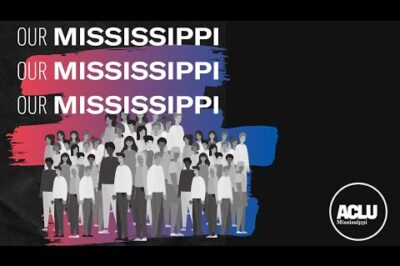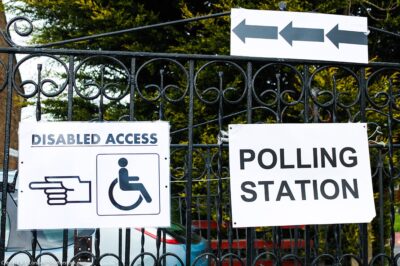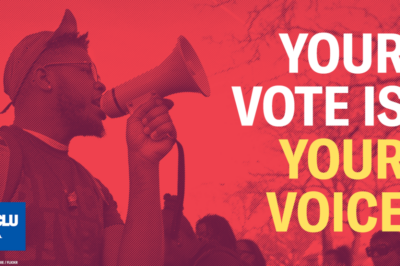
It was not that long ago that American Indians were routinely denied the right to vote. But in this year’s election, they may play an important role as swing vote in some key Western states like New Mexico, Montana, North Dakota and Arizona.
Both parties have become aware of the potential of the Indian vote. Aggressive registration and get-out-the-vote efforts by the National Congress of American Indians (NCAI) and other groups have succeeded in increasing the number of Indian voters and their awareness of the potential power of Indian political participation. The NCAI‘s slogan reflects this new-found political power: “Native Pride. Native Power. Native Vote. Your Voice Counts.” The Indian vote has also been assisted by numerous court victories filed under the Voting Rights Act; Indian plaintiffs have won nearly all of the 75+ voting rights cases filed in Indian Country.
Historically Indian voters seemed to be invisible to both the press and to politicians, but that is no longer the case. The press routinely touts the potential of the Indian vote in certain states. An article in Indian Country Today noted that Indians “now represent critical voting blocs in swing states that include much of Indian country in the West….” A large contingent of Indians at the Democratic National Convention prompted a headline in The Denver Post that read: “American Indians Seize Moment to Make Political Voices Heard.”
Barack Obama has aggressively pursued the Indian vote. His campaign opened an office on the Navajo Indian Reservation, and he made a much publicized appearance at the Crow Reservation, where he was given the honorary name of Barack Black Eagle.
Republicans are also courting the Indian vote. Former senator Ben Nighthorse Campbell and Representative Tom Cole are leaders of an “American Indians for McCain Coalition.” McCain is a long-time member of the Senate Indian Affairs Committee in Congress, and has served as its chair. Indian voters have traditionally had a strong affinity for Democratic candidates, but this could be changing. Kalyn Free, President of the Indigenous Democratic Network, recently warned her party not to take the Indian vote for granted. According to a recent article in reznetnews, McCain has the backing of some reservations in his home state of Arizona.
While it is a long shot that the Indian vote will actually “decide” the presidential election, increased Indian voting will probably have a determinative impact on selected state and local races. In the past, both major parties tended to ignore the potential of the Indian vote; now they do so at their peril.




